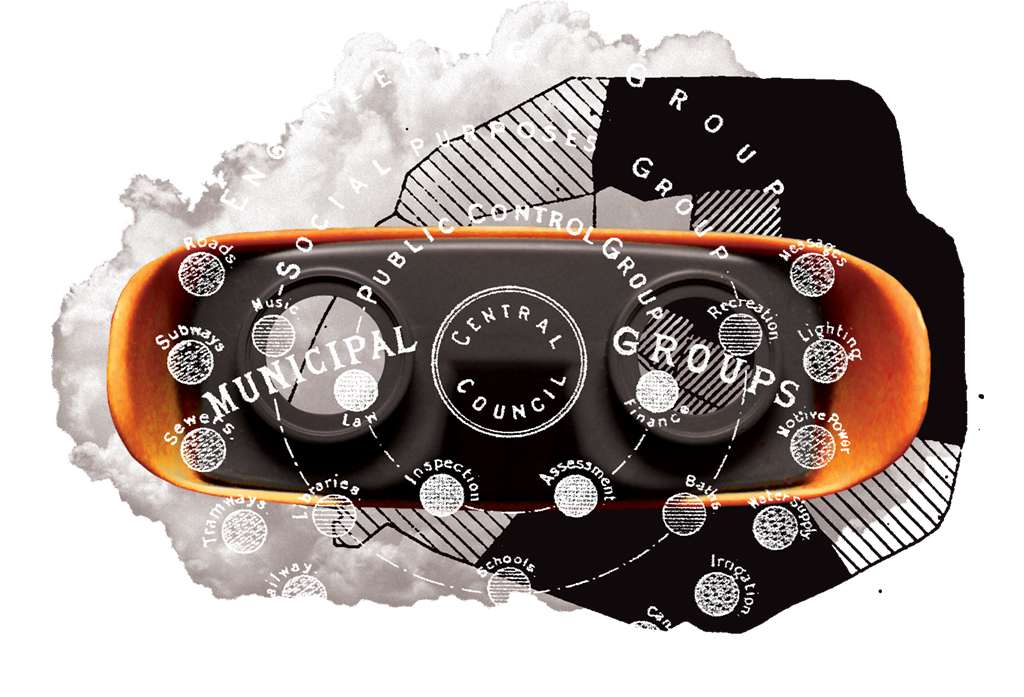The spring of 2018 brought a wave of university occupations by students across France, some suppressed with the use of brutal force by private security guards and police, rolling strikes in the transportation sector, and a series of mass demonstrations. The traditional May Day march ended in a pitched battle involving paving stones, tear gas grenades, and water cannons between black bloc and police. Commentary in even the liberal media as well as the usual hand-wringing from the conservative and financial press decried the ungovernability of France, popular resistance to the advance of neoliberalism that seems so inexorable elsewhere, and the rigid labor market and work rules that supposedly stand in the way of economic progress. Students and workers marching together, paving stones being ripped up, clashes with heavily armed riot police, all made comparison and allusion to “les événements” of May and June 1968 inevitable and pervasive.
Inevitable, but unconvincing. The French political economy has been transformed in the intervening fifty years, and with it the capacity of French unions to do much more than throw sand in the gears of the neoliberal machine, still less challenge the underlying capitalist order. The French left has been routed, and when occasionally in government, it has implemented economic and social policies barely distinguishable from the Right. Unions represent a smaller proportion of the labor force than in the United States and are bitterly divided between reformist and radical wings. Strikes, though highly visible, are generally limited to a few public services. And under the surface — popular perception and anguished editorials in the Economist, Wall Street Journal, and Financial Times aside — all aspects of the French economy have experienced far-ranging liberalization, through privatization, supply-side macroeconomic policy, and deregulation of financial and labor markets. The result has been growing inequality, dualism, and insecurity. Only a still relatively generous and universal welfare state has checked some of the consequences of this neoliberal transformation, serving as “social anesthetic” in Jonah Levy’s apt phrase.1 The difference between 1968 and today is that what happens on the streets is now, for the most part, theater — protest following a familiar and well-rehearsed script, but having little power to change events and largely ignored by the state. It is a simulacrum of past political practice superimposed upon a quite different social reality.
The story of the transformation of French capitalism and the French labor movement is in part a familiar one, of the triumph of market orthodoxy, the retreat of the state, and the collapse of alternative political projects, be they of the communist, socialist, or social-democratic variety.2 But it is also in part a specific one, of overcoming class mobilization through the use of the state. What is specific to the French experience in the period since 1968 are the strategies of labor regulation used by capital and the state to overcome worker radicalism, not the outcome which has been, as elsewhere, a broad liberalization of the political economy. Of particular importance has been the role of the state, which has pursued strategies, first of labor exclusion, then labor substitution, and subsequently, in the period since the 1980s, labor incorporation.
Neoliberalism is a protean project, not reducible to a single blueprint or institutional architecture, or achievable by a single pathway. Neoliberalism is too often conceptualized in Anglo-Saxon terms, as taking the form associated with the deregulatory political projects of Thatcher in Britain and Reagan in the United States. Discussions of liberalization can descend into crude exercises of marking how close or how far the institutions of any particular country are to those of the earliest liberalizers. As a result, the scale of the marketization that has taken place over the last three decades in countries widely considered to be hostile terrain for neoliberal ideology and traditionally neoliberal political parties, such as France, is widely missed, as is the internal transformation of what has tended to be described as resilient political-economic institutions. All states in the advanced capitalist world have enacted neoliberalism, but they have done so in different ways.3
